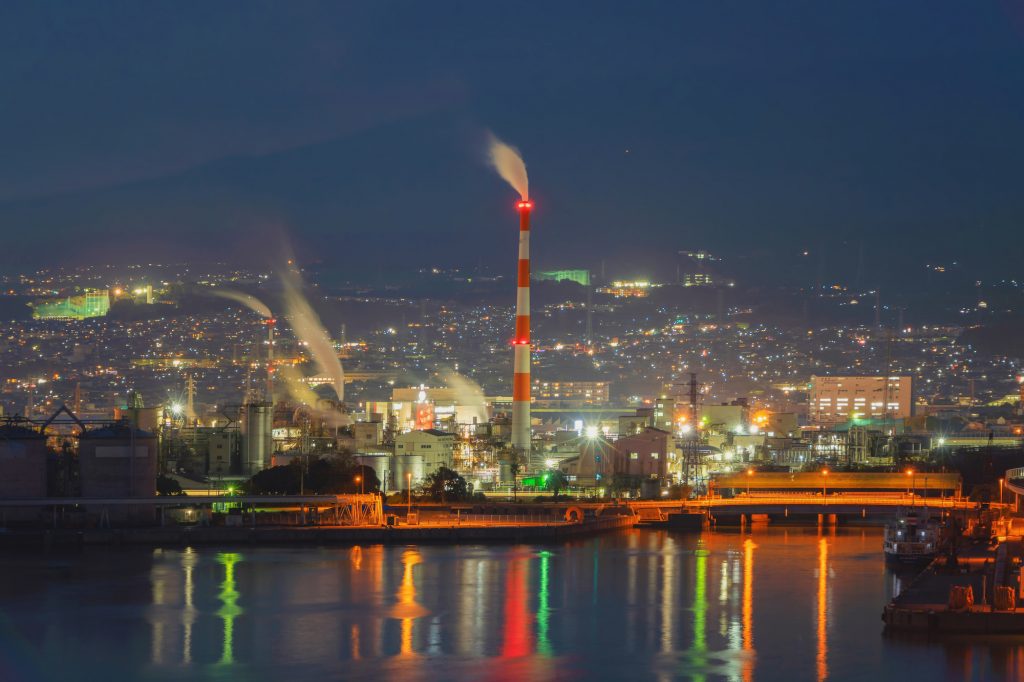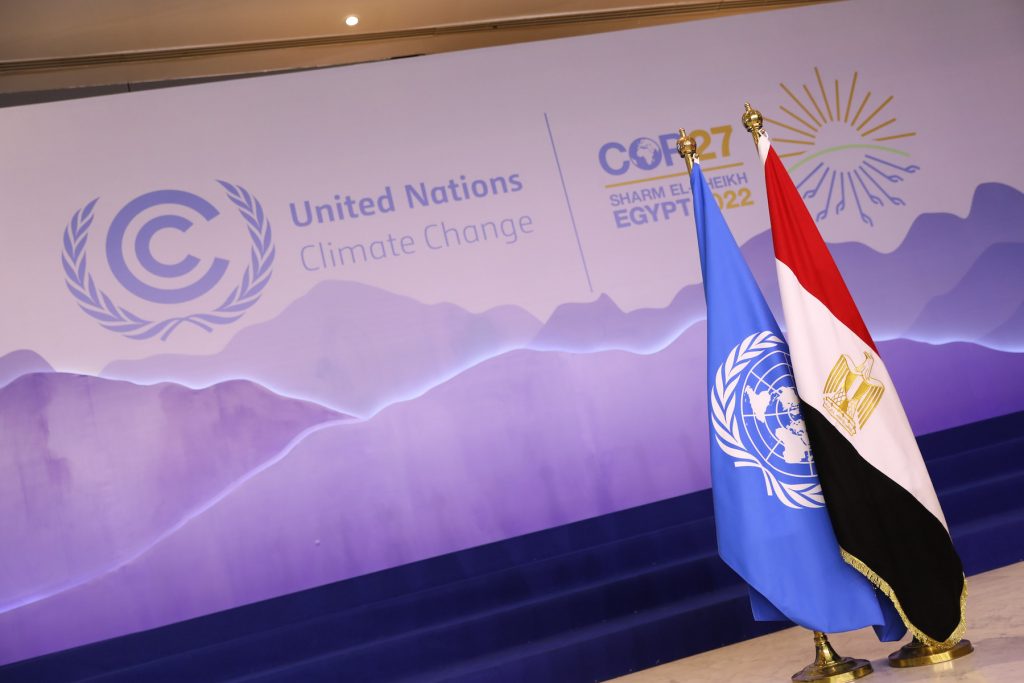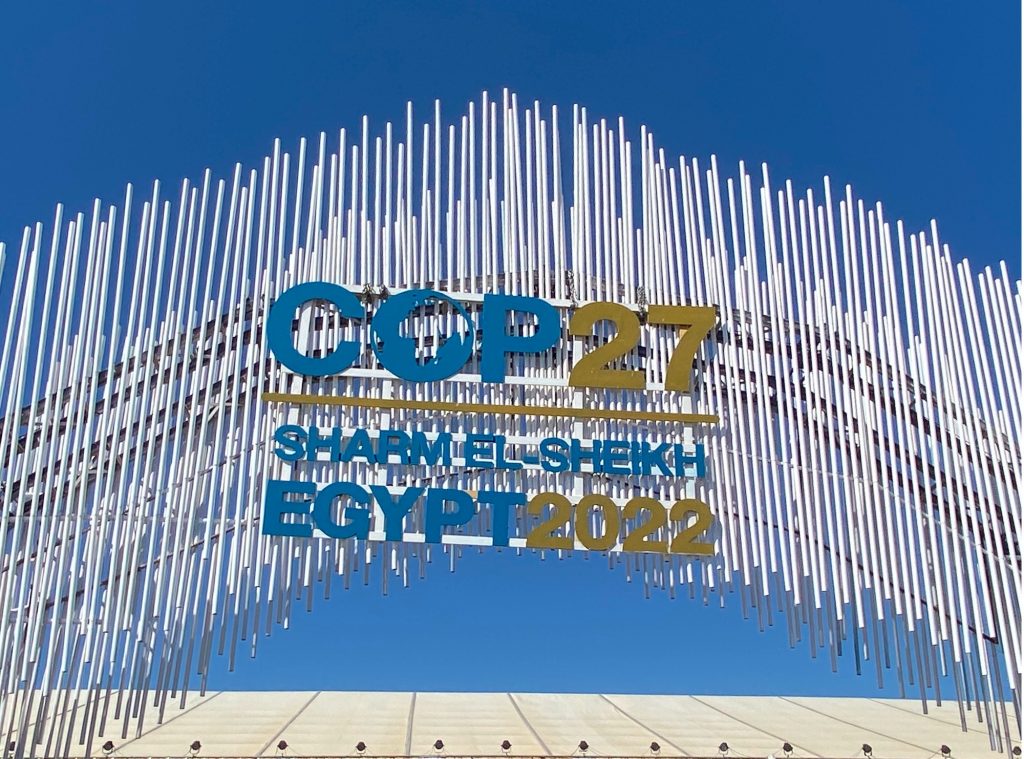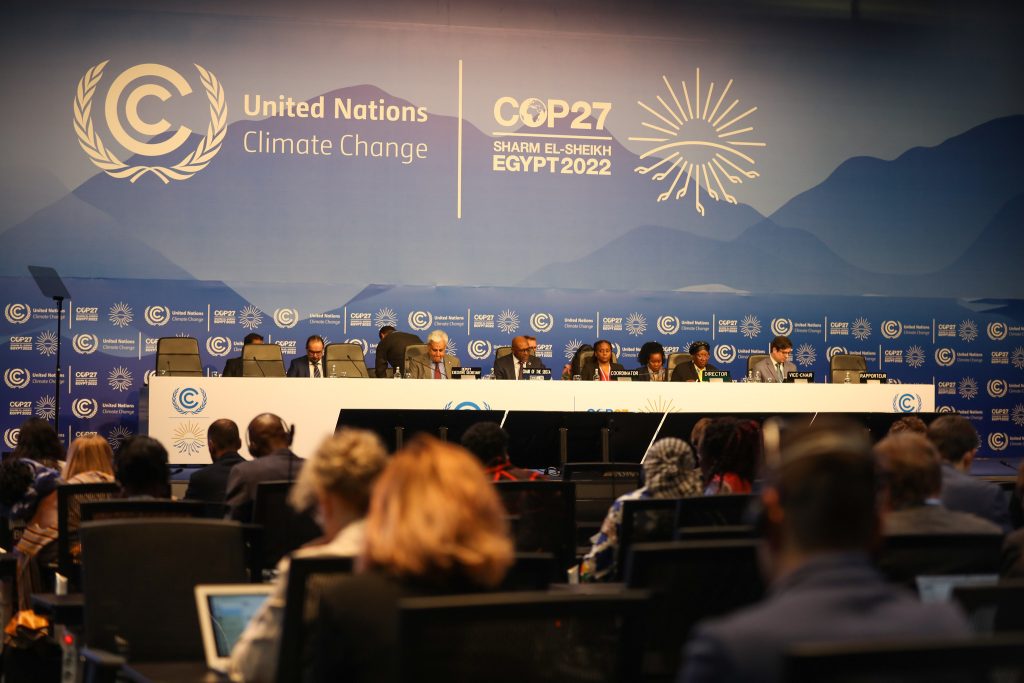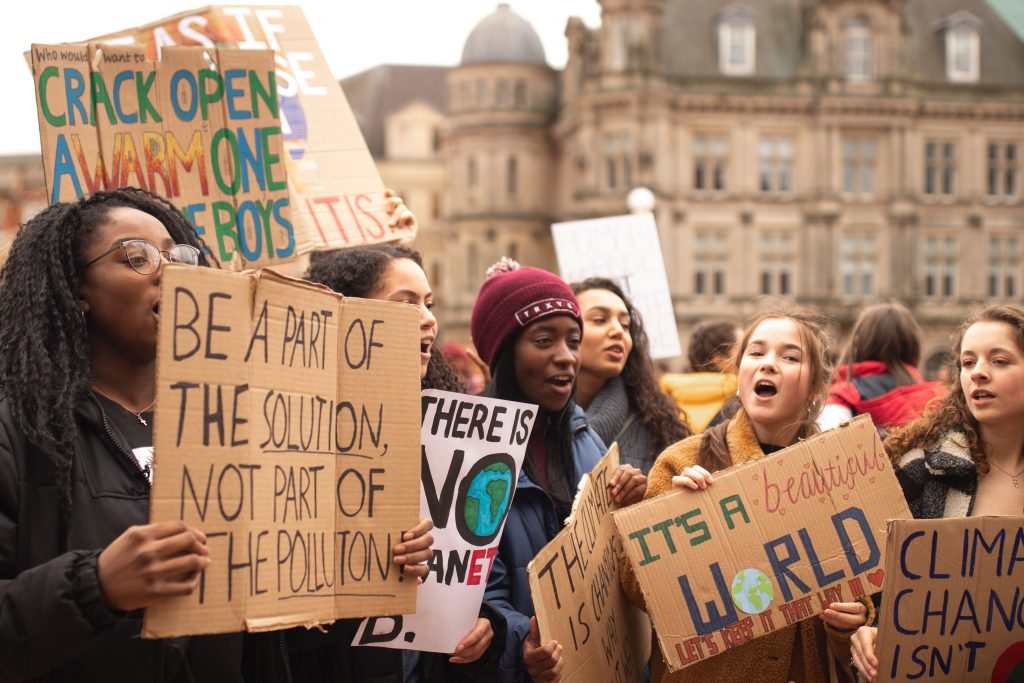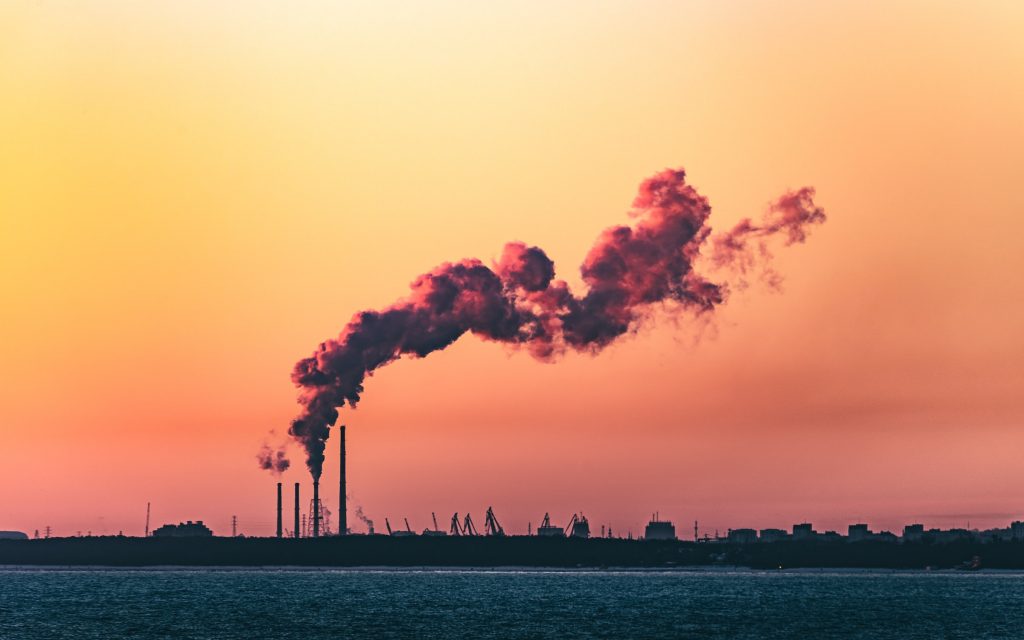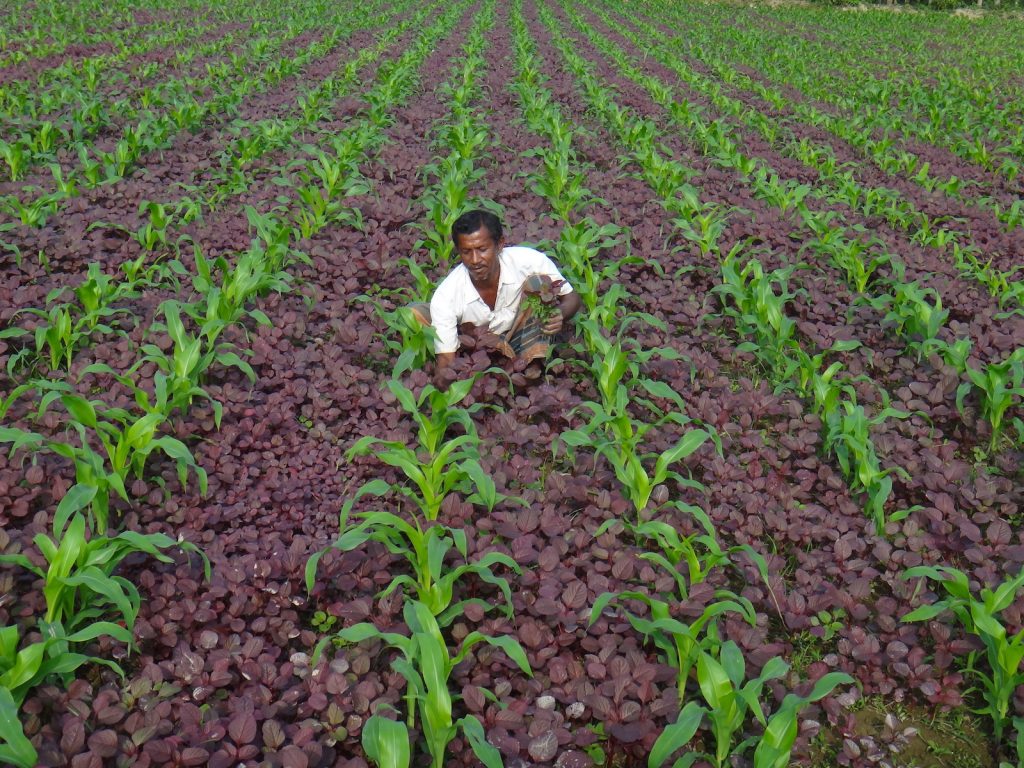
The lessons of yesterday, the tasks of tomorrow: 10 climate science insights
Are we going beyond the limit of adaptation and crossing irreversible tipping points? What do we know about the triple planetary crisis, the social costs of climate extremes, vulnerability and the myth of endless adaptation? A list of the ten new insights in climate science puts together advancements, challenges and solutions to shape future strategies and activities.


